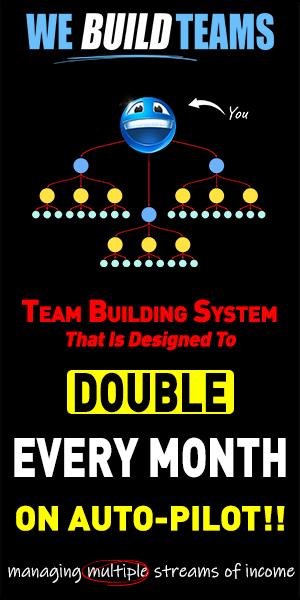What Is MLM and Is It A Scam?
MLM stands for Multi-Level Marketing. It’s a business model where individuals sell products or services directly to consumers and recruit others to do the same. Participants earn commissions on their own sales and on the sales made by the people they recruit, often called their “downline.”
How MLM Works:
- Direct Sales: Distributors sell products or services directly to consumers, usually through personal relationships and networking.
- Recruitment: Distributors recruit others to join the business. These recruits become part of the distributor’s downline.
- Commissions and Bonuses: Distributors earn commissions on their sales and a percentage of the sales made by their downline. There may also be bonuses for achieving certain sales targets or recruiting milestones.
Common Features of MLMs:
- Products/Services: Typically, MLMs offer health and wellness products, beauty products, or household goods.
- Training and Support: MLM companies often provide training and marketing materials to help distributors succeed.
- Meetings and Conferences: Regular meetings and conferences are held to motivate and train distributors.
Is MLM a Scam?
MLM is a legal business model, but it has a controversial reputation. Here are some reasons why:
- Pyramid Scheme vs. Legitimate MLM:
- Pyramid Scheme: An illegal scheme where income is primarily generated through recruitment rather than sales of a legitimate product or service. These schemes are unsustainable and collapse when recruitment slows.
- Legitimate MLM: Focuses on selling real products or services, with recruitment as a secondary activity. The primary source of income is from sales, not just from bringing in new recruits.
- Red Flags:
- High Start-up Costs: If you’re required to pay a large upfront fee to join, this can be a warning sign.
- Emphasis on Recruitment: If the primary focus is on recruiting new members rather than selling products, it could be a pyramid scheme.
- Inventory Loading: Requiring participants to purchase large amounts of inventory can be a red flag.
- Potential for Profit:
- Low Success Rate: Many participants in MLMs make little to no profit, and a significant number may even lose money due to expenses.
- Earnings Claims: Be wary of claims about high earnings. Success stories often represent a tiny fraction of participants.
- Regulatory Scrutiny:
- FTC Guidelines: The Federal Trade Commission (FTC) in the United States has guidelines to distinguish legitimate MLMs from pyramid schemes. They focus on the company’s reliance on product sales to genuine customers.
What Is MLM and Is It A Scam? Conclusion:
MLMs are not inherently scams, but the industry has a high potential for abuse and can be risky for participants. It’s important to research any MLM opportunity thoroughly, understand the compensation plan, and consider whether you can realistically achieve the sales needed to make a profit. Always be cautious of schemes that emphasize recruitment over product sales and make unrealistic income promises.

